Getting a good night’s sleep is crucial for my overall health and well-being. Over the years, I’ve learned the importance of practicing good sleep hygiene to ensure that I wake up feeling refreshed and rejuvenated each morning. Here are some tips that have helped me achieve better sleep quality and consistency.
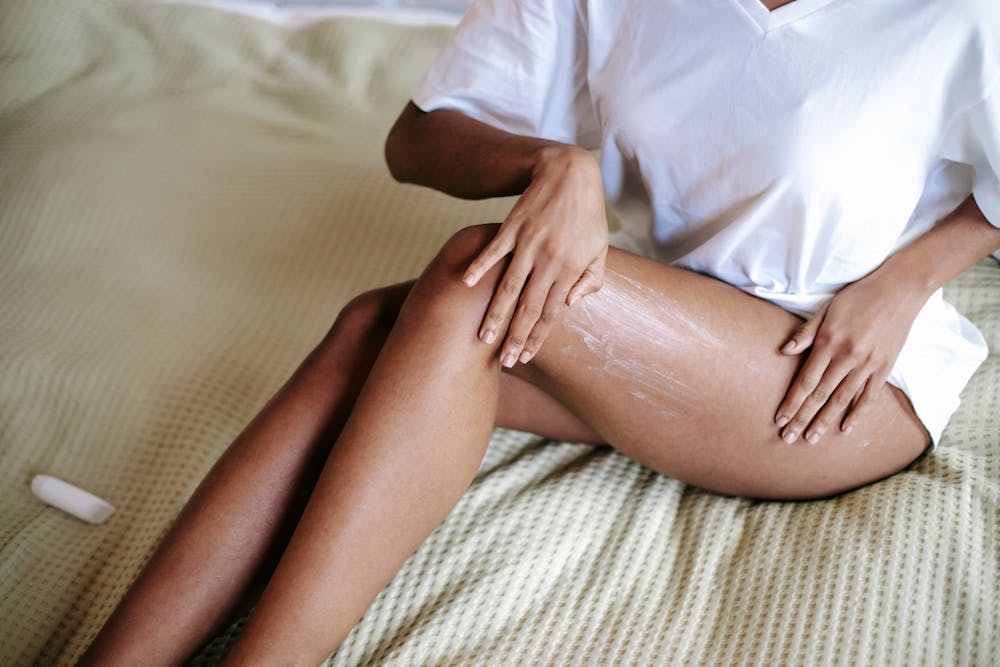 First and foremost, I prioritize establishing a consistent sleep schedule. I aim to go to bed and wake up at the same time every day, even on weekends. This helps regulate my body’s internal clock and promotes a more restful and consistent sleep pattern. By sticking to a regular sleep routine, I find that I fall asleep more quickly and wake up feeling more alert and energized.
First and foremost, I prioritize establishing a consistent sleep schedule. I aim to go to bed and wake up at the same time every day, even on weekends. This helps regulate my body’s internal clock and promotes a more restful and consistent sleep pattern. By sticking to a regular sleep routine, I find that I fall asleep more quickly and wake up feeling more alert and energized.
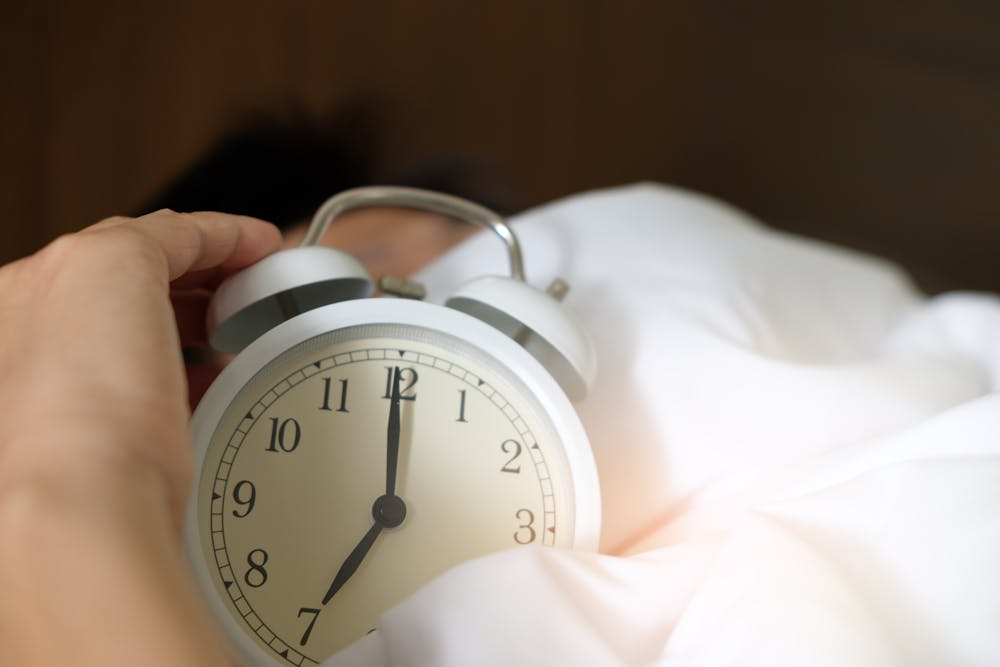 Creating a relaxing bedtime routine has also been instrumental in preparing my body and mind for sleep. I like to unwind before bed by engaging in calming activities such as reading, taking a warm bath, or practicing gentle yoga or meditation. These soothing rituals help signal to my body that it’s time to wind down and prepare for rest, making it easier to transition into a state of relaxation.
Creating a relaxing bedtime routine has also been instrumental in preparing my body and mind for sleep. I like to unwind before bed by engaging in calming activities such as reading, taking a warm bath, or practicing gentle yoga or meditation. These soothing rituals help signal to my body that it’s time to wind down and prepare for rest, making it easier to transition into a state of relaxation.
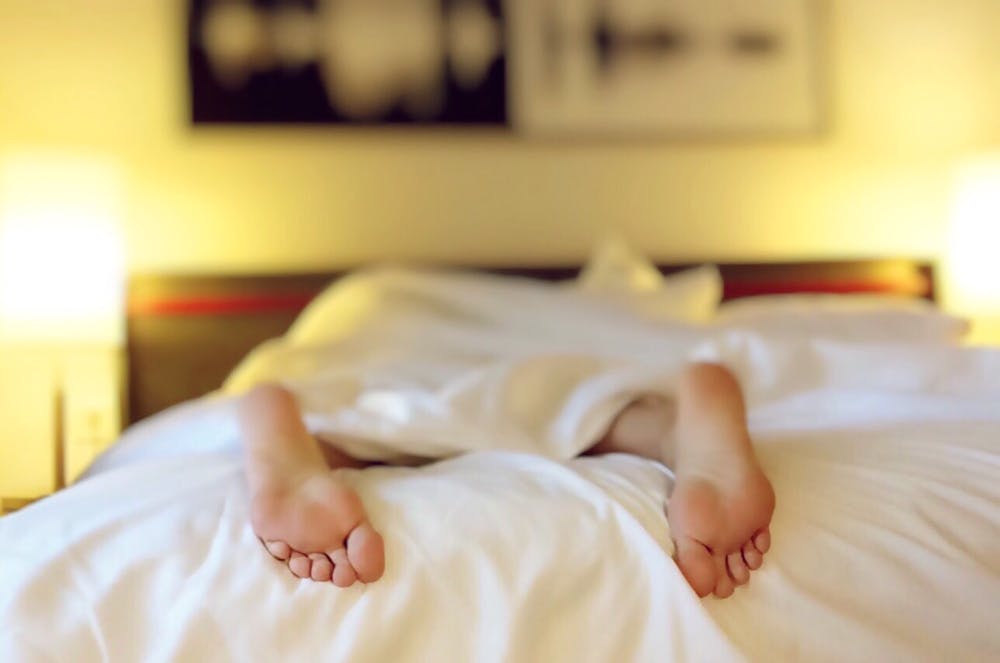 I’ve also learned the importance of creating a comfortable sleep environment that promotes restful sleep. This means keeping my bedroom cool, dark, and quiet, and investing in a supportive mattress and pillows that provide optimal comfort and spinal alignment. I also make an effort to minimize distractions such as electronic devices and excessive noise, which can disrupt sleep quality and duration.
I’ve also learned the importance of creating a comfortable sleep environment that promotes restful sleep. This means keeping my bedroom cool, dark, and quiet, and investing in a supportive mattress and pillows that provide optimal comfort and spinal alignment. I also make an effort to minimize distractions such as electronic devices and excessive noise, which can disrupt sleep quality and duration.
 Limiting exposure to screens and blue light in the hours leading up to bedtime has been another game-changer for me. I try to power down electronic devices such as smartphones, tablets, and computers at least an hour before bed to allow my brain to wind down and prepare for sleep. Instead, I opt for relaxing activities that don’t involve screens, such as listening to calming music or practicing deep breathing exercises.
Limiting exposure to screens and blue light in the hours leading up to bedtime has been another game-changer for me. I try to power down electronic devices such as smartphones, tablets, and computers at least an hour before bed to allow my brain to wind down and prepare for sleep. Instead, I opt for relaxing activities that don’t involve screens, such as listening to calming music or practicing deep breathing exercises.
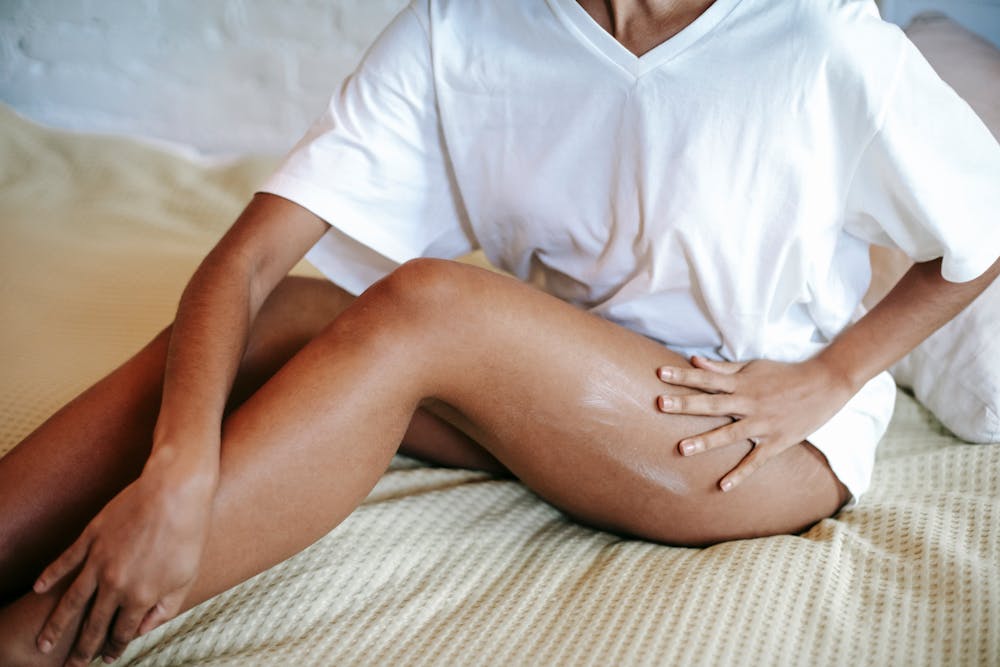 Monitoring my caffeine and alcohol intake, especially in the evening hours, has also helped improve my sleep quality. I try to limit my consumption of caffeinated beverages and alcohol, as these substances can interfere with my ability to fall asleep and stay asleep throughout the night. Instead, I opt for herbal teas or decaffeinated beverages to help me unwind before bed.
Monitoring my caffeine and alcohol intake, especially in the evening hours, has also helped improve my sleep quality. I try to limit my consumption of caffeinated beverages and alcohol, as these substances can interfere with my ability to fall asleep and stay asleep throughout the night. Instead, I opt for herbal teas or decaffeinated beverages to help me unwind before bed.
 Finally, I’ve learned the importance of listening to my body’s cues and prioritizing self-care to promote better sleep. This means tuning in to my body’s signals of hunger, thirst, and stress, and addressing any underlying issues that may be affecting my sleep quality. By prioritizing self-care activities such as regular exercise, healthy eating, and stress management techniques, I’m better able to support my body’s natural sleep-wake cycle and achieve a better night’s rest.
Finally, I’ve learned the importance of listening to my body’s cues and prioritizing self-care to promote better sleep. This means tuning in to my body’s signals of hunger, thirst, and stress, and addressing any underlying issues that may be affecting my sleep quality. By prioritizing self-care activities such as regular exercise, healthy eating, and stress management techniques, I’m better able to support my body’s natural sleep-wake cycle and achieve a better night’s rest.
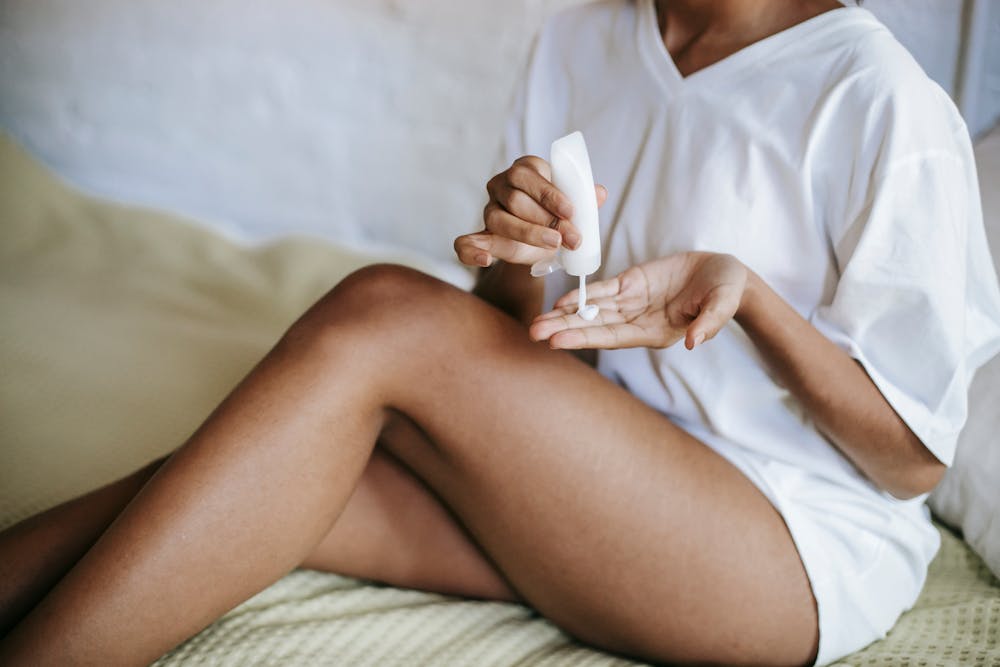 In conclusion, practicing good sleep hygiene is essential for achieving better sleep quality and overall well-being. By establishing a consistent sleep schedule, creating a relaxing bedtime routine, optimizing my sleep environment, limiting screen time, monitoring my caffeine and alcohol intake, and prioritizing self-care, I’ve been able to improve my sleep quality and wake up feeling more rested and rejuvenated each day. And through it all, I continue to prioritize my sleep health as an essential component of my overall wellness routine.
In conclusion, practicing good sleep hygiene is essential for achieving better sleep quality and overall well-being. By establishing a consistent sleep schedule, creating a relaxing bedtime routine, optimizing my sleep environment, limiting screen time, monitoring my caffeine and alcohol intake, and prioritizing self-care, I’ve been able to improve my sleep quality and wake up feeling more rested and rejuvenated each day. And through it all, I continue to prioritize my sleep health as an essential component of my overall wellness routine.
